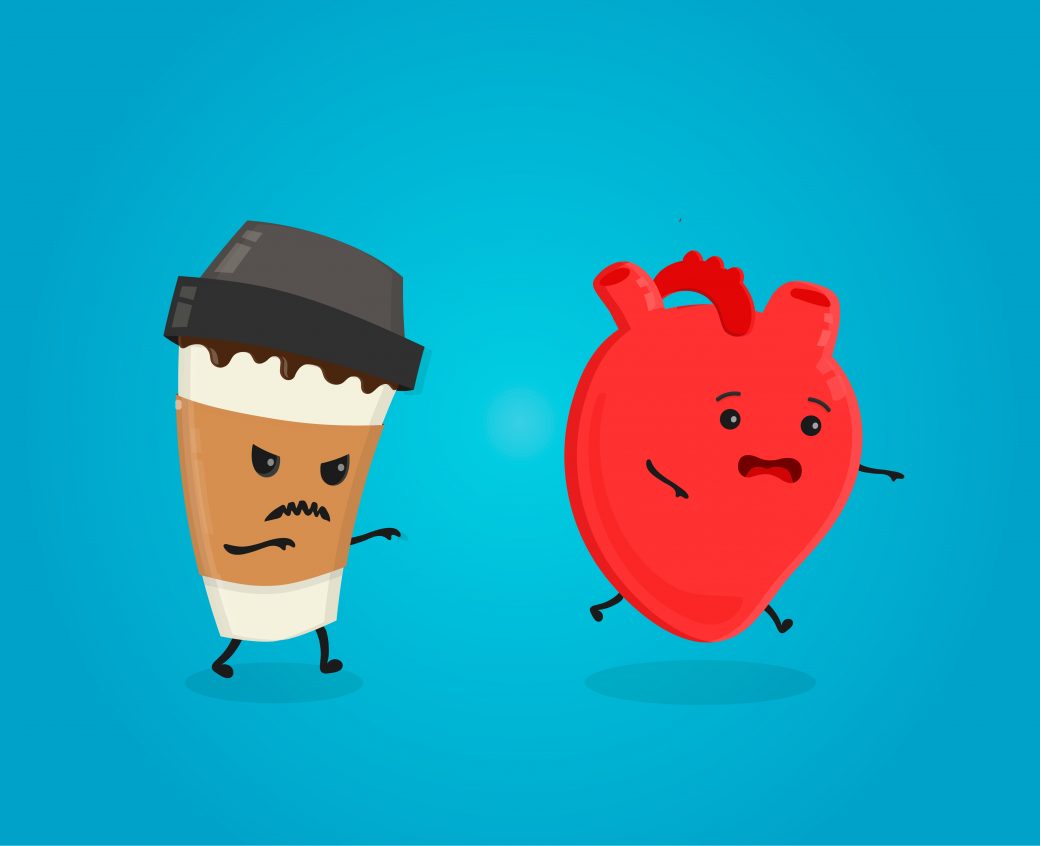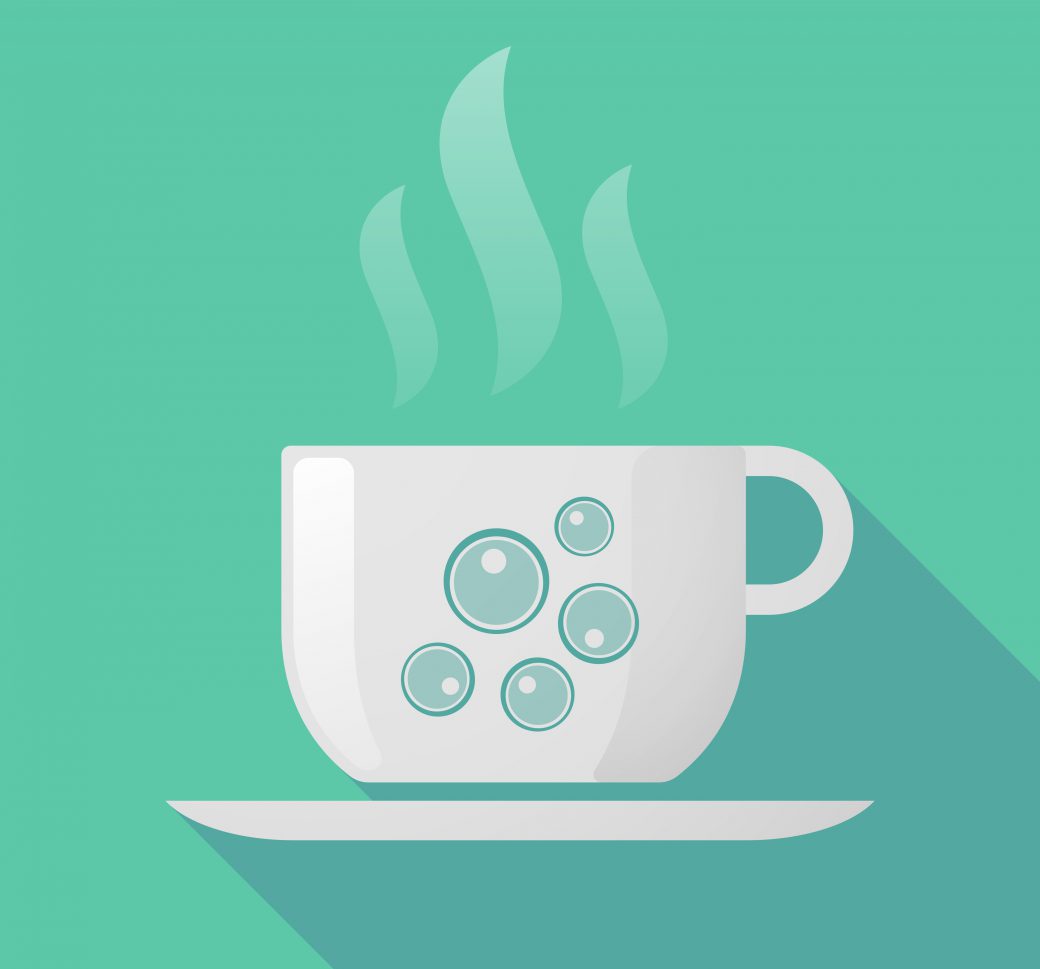Dear Caffeine,
We’re sorry.
For years the masses have blamed frequent bathroom breaks and elevated heart rates on you. But recent studies show that we’ve been blaming the wrong culprit the whole time.
“As a physician, we have often associated caffeine with a number of symptoms,” says Jennifer Caudle, DO, a board-certified family medicine physician and assistant professor at Rowan University School of Osteopathic Medicine.
“For instance, if someone is anxious or jittery, we’ll want to know if they’ve had caffeine. If someone’s heart is racing or beating abnormally, we want to know if they’ve had caffeine. Why? Because that’s what we’ve been taught — that’s what we thought all these years.”
More research is needed on the topic generally, though Dr. Caudle recognizes it’s best to take a step back, and take a wait-and-see approach before judging caffeine like the public’s done so unfairly before.
“Maybe it’s not what we thought it was, and maybe it doesn’t do what we thought it did,” she says.
To start clearing caffeine’s sullied name, here are three things you hear a lot about caffeine, which recent studies refute:
Caffeine Disarrays Your Heartbeat
According to January 2016 research in the Journal of the American Heart Association, regular caffeine consumption does not result in extra heartbeats.

In the study, researchers queried roughly 1,400 adults about their coffee, tea, and chocolate habits. Afterwards, they tracked the participant’s heart health for a full year via 24-hour ambulatory electrocardiography monitoring.
What wasn’t surprising was 61% of participants consuming more than one caffeinated product daily. What was surprising was the researchers saw no heart function changes in the participants who consumed caffeine.
“Clinical recommendations advising against the regular consumption of caffeinated products to prevent disturbances of the heart’s cardiac rhythm should be reconsidered, as we may unnecessarily be discouraging consumption of items like chocolate, coffee, and tea that might actually have cardiovascular benefits,” said senior author Gregory Marcus, MD, in a statement.
Caffeine Dehydrates Your Body
Don’t worry Java lovers – you don’t have to swap your coffee mug for a water bottle.

A 2014 study published in PLOS One found moderate consumption of caffeine didn’t lead to dehydration. In fact, it offered hydrating properties similar to water.
In the two small studies, U.K. researchers had 50 men chug either four cups of coffee or four cups of water every day, for three days. The results showed the men who drank coffee didn’t display any drastic changes in total body water, body mass measurements, or urine volume.
So, don’t worry about the cup of coffee draining you!
Related: Can Coffee Give You a Boost in Your Workouts?
Caffeine Can Affect Babies
November 2015 research in the American Journal of Epidemiology found that — contrary to popular belief — women who eat & drink moderate amounts of caffeine during pregnancy are not debilitating their baby’s intelligence or future weight.

Researchers focused on paraxanthine levels – a compound in caffeine – in the blood of nearly 2,200 expectant mothers between 1959 and 1974. They compared those levels during the pregnancy, and against the children’s IQ/behaviour at 4 and 7 years old.
The result? They couldn’t find any ‘consistent patterns’ linking a mother’s caffeine intake with the development of her child or children.
Additionally, preceding research – involving the same study authors and group of women – found no link between caffeine consumption during pregnancy, and higher risks of childhood obesity.
“Taken as a whole, we consider our results to be reassuring for pregnant women who consume moderate amounts of caffeine or the equivalent to 1 or 2 cups of coffee per day,” says Sarah Keim, PhD, co-author and principal investigator in the Center for Biobehavioral Health at the Research Institute at Nationwide Children’s Hospital, in a statement.
So, we’re sorry caffeine. If it helps, we’ll make an effort to spend more time with you in light of all this research.
Photo Credit: svtdesign/Shutterstock.com; Viki Vector/Shutterstock.com; Marina Shaly/Shutterstock.com; Blablo101/Shutterstock.com











